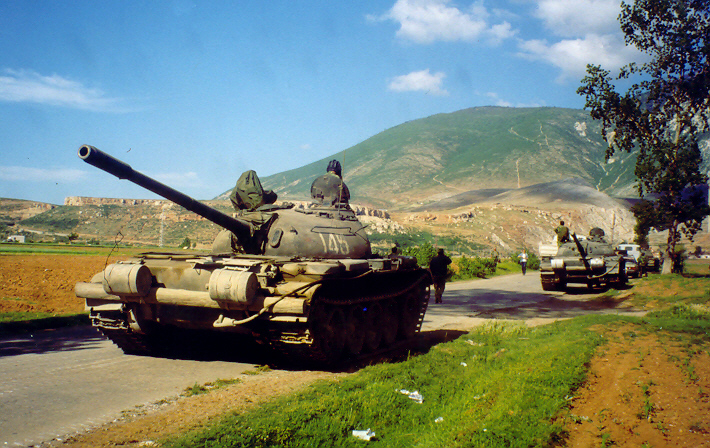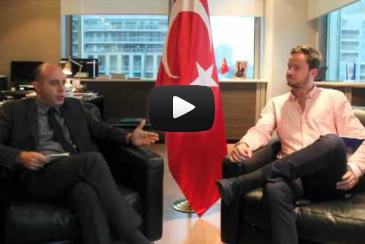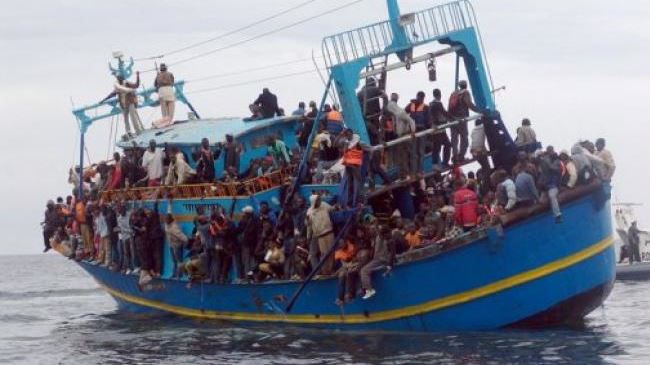Canada-NATO involvement in Kosovo was an interesting issue both on the Canadian foreign policy front and the international arena. Kosovo was a horrifying case of human struggle for freedom, democracy and peace. Many of the events that took place pushed for international intervention.
Before we delve into the analysis of how Canada and NATO intervened in the region, it is important to understand the political situation at the time. The former state of Yugoslavia consists of what are today the independent states of Bosnia & Herzegovina, Croatia, Serbia, Slovenia, Macedonia and Kosovo. The major problem for the Balkans is a lack of tolerance in an ethnically diverse region. These divisions haunted Yugoslavia in 1990 (and to some extent still do today) and continued to wreak havoc for more than a decade. Yugoslavia pre-1990 was under the tight control of its dictator, Joseph Broz Tito, who more or less kept the country together from his base in Belgrade. However with his death, the ethnic divisions became more apparent and the break-up of Yugoslavia was ushered in with extreme violence and hatred.
Kosovo, along with several other nations, demanded autonomy from Belgrade. The population of Kosovo is made up of a majority of Albanians, mostly Muslim and a minority of ethnically Serbian people of Orthodox faith. Serbian leader, Slobodan Milosevic, used the religious divide to rile up the Serb minority, promising to protect it from the tyranny of the majority Albanian population. He hoped to keep Kosovo in the Serbian sphere of influence and undermine its autonomy and sovereignty.
Milosevic’s actions were horrific and caused immense distress to both the Albanians living in Kosovo and the international community. Milosevic led the tragic campaign of ethnic cleansing against Albanian Kosovars that led to thousands of refugees fleeing to Albania, Macedonia, Montenegro and further abroad. The war crimes in Kosovo are a long and depressing list that is a stain on humanity. According to the Human Rights Watch there were vast violations during the Kosovo War including kidnappings and executions. The Kosovo Liberation Army (KLA), however, was also guilty of war crimes. In certain villages under ethnic Albanian control, KLA militants drove ethnic Serbs out of their homes and many remain unaccounted for. This conflict was not one-sided, and as history has taught us – both sides were guilty of war crimes.
However, as a result of Milosevic’s actions and aim to maintain control over Kosovo, there was a strong international response. Canadians and many in likeminded states around the world wanted to stem the problem before it escalated. Until that time, Canadian foreign policy always put the UN on a high pedestal. When looking at Canadian intervention policy in Yugoslavia in a black and white perspective, Canada acted very uncharacteristically. Canada entered Yugoslavia and participated in the NATO bombing campaign without the blessing of the UN Security Council. However, it is important to look at the forces that drove such a policy. As the Mulroney government stepped aside and Chretien took over, there was an emphasis on driving the foreign policy agenda on public opinion. Opinion polls in Canada were highly supportive of the bombing campaign. Especially with the recent international failure in Rwanda, fresh in everyone’s mind, there was a wish to do something to prevent another ethnic cleansing.
After its 78-day air campaign against Serb forces and Milosevic’s regime, NATO was victorious. Today, NATO’s Kosovo Force (KFOR) has continued to maintain a peaceful and secure environment to allow for freedom and sovereignty in the nation. In April 2013, Belgrade and Pristina reached an “Agreement on Normalisation” to help improve political and diplomatic relations between the two states, and lead to integration into the Euro-Atlantic sphere of diplomatic and economic relations.





